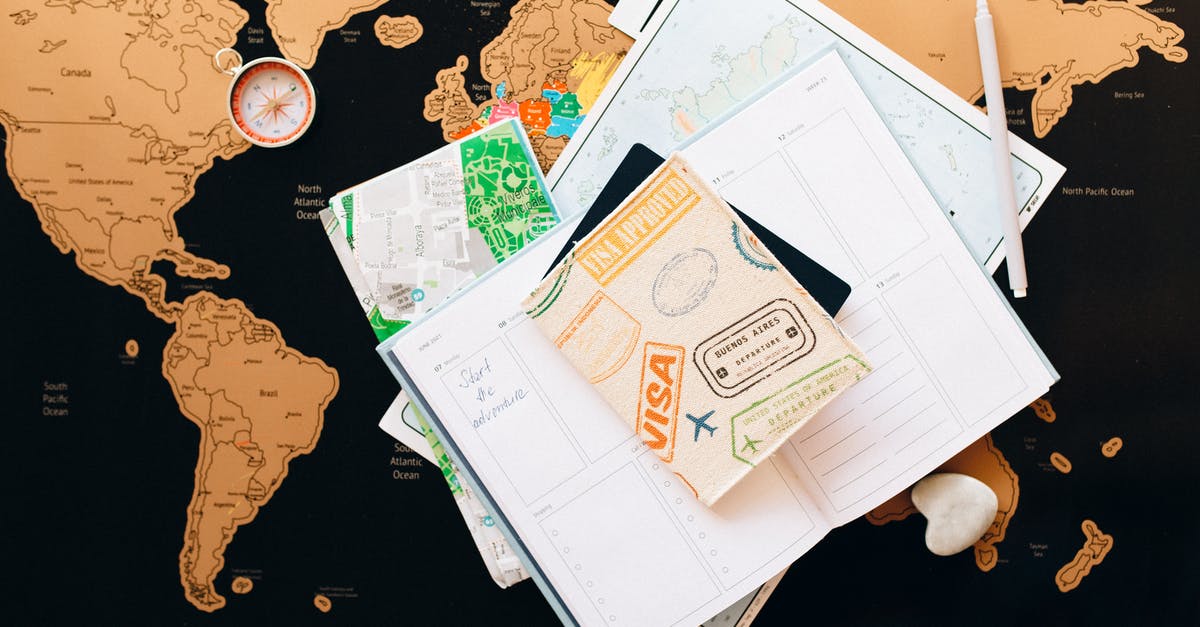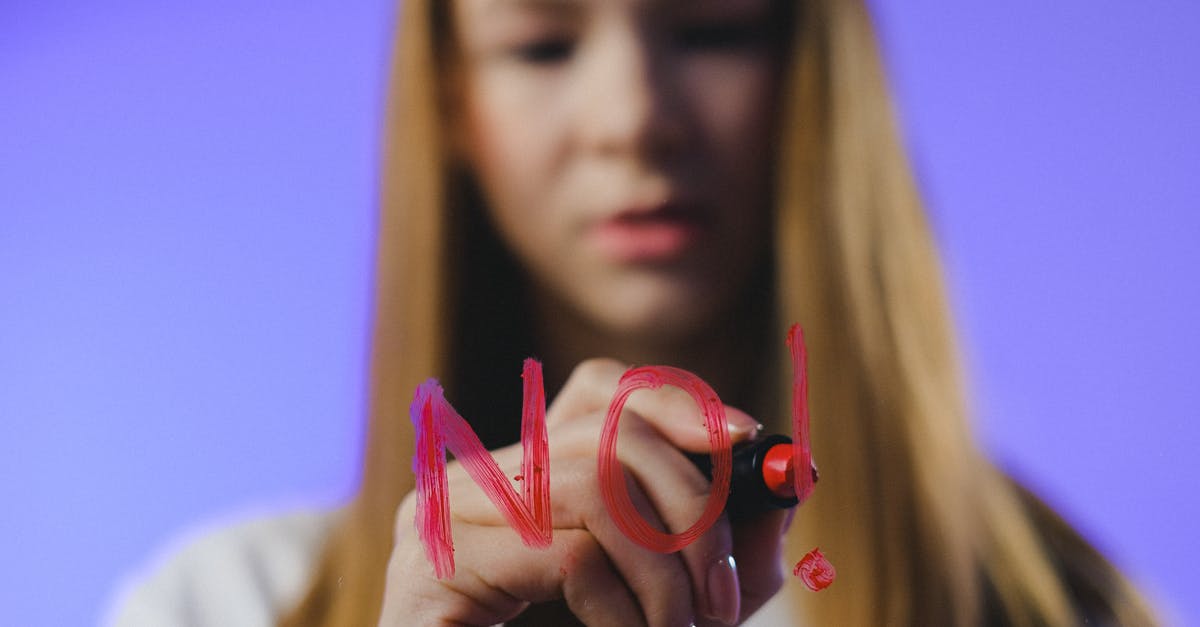Do embassies know about visa refusal in other countries?

I was applying for an Ireland tourist visa. One of the questions asks whether I have been refused a visa for any country and, if yes, details of the refusal must be given. It further states that concealment of visa refusals will result in refusal of an Irish visa application.
I was denied a US F-2 visa. However, there is NO stamp or indication of the visa refusal on my passport.
How could the Irish embassy and/or immigration officers know about my visa application history with the United States? l
Are there agreements between the two nations to share such information?
Best Answer
I was denied a US F-2 visa. However, there is NO stamp or indication of the visa refusal on my passport.
You may remember as part of the F2 application process an attendant asked you to place your hand over a something like a miniature photocopier? And then the other hand? That made and recorded an electronic scan of your fingerprints. The scan was digitised and put on to a database. Part of the rationale for doing that was to match up any future visa applications you make so that all your stuff is linked to a single record that you can't tamper with. This so-called 'biometric enrolment' became fashionable in the early 2000's to help combat people who lied about their immigration history. Incredible to relate there are people out there who entertain such notions.
How could the Irish embassy and/or immigration officers know about my visa application history with the United States?
When you apply for a visa to Ireland, part of the process is... you guessed it... biometric enrolment! Once captured, the digitised biometrics are stored on a computer and the visa officers can run them through a matching program to see if you show up anywhere else in the system. What this means is that the person's passport is relegated to a somewhat secondary level in finding out exactly who the applicant is. If they find a match on the person's biometrics they will get to learn if the applicant is an honest person or not.
Are there agreements between the two nations to share such information?
The route is a bit circuitous because the UK acts as a proxy for nations in the Common Travel Area...
The US and the UK are connected by the "Five Eyes Treaty" and the UK and Ireland are connected by the 2011 Agreement. The amount and type of data that gets flushed through these connections is indeterminate; the various governments do not make that information public.
Even if the agreements are not explicit in 2016, one must assume that future politics may forge new agreements which in turn will open up more national databases which in turn may reveal heretofore hidden parts of a person's history.
So as a general rule where nations in the Western Hemisphere are concerned, it's best practices to assume that everybody knows everything or alternatively it's a matter of time before everybody knows everything. Consequently this site endorses the strategy of total transparency on the part of the applicant. You didn't ask that question specifically, but it's inherent in almost all 'does A know about B's refusal' type of questions.
Pictures about "Do embassies know about visa refusal in other countries?"



Which countries share visa information?
The 'Five Eyes' countries - Australia, Canada, New Zealand, the UK and the USA - are perhaps best known for their role in global spying and surveillance for the purposes of "national security". However, this is not the only way in which they cooperate.Which country rejects most visa?
African Countries Mark Highest Visa Rejection Rates Even in 2020- Burundi \u2013 45.3 per cent.
- Eritrea \u2013 44.8 per cent.
- Bangladesh \u2013 44.6 per cent.
- Pakistan \u2013 43.5 per cent.
- Haiti \u2013 44.1 per cent.
- Angola \u2013 39.8 per cent.
- Ivory Coast \u2013 38.4 per cent.
- Algeria \u2013 38 per cent.
Is visa refusal stamp on passport?
Also known as a visa refusal, this is a status in which the visa issuing authority denies you the permit to visit the country. When this happens, you will receive a letter stating the outcome, and depending on the country, and the reason for the visa rejection, there may be a visa refusal stamp on the passport.Does visa refusal affect future visa application?
This could affect your eligibility for future visas \u2013 but failing to disclose past visa refusal or cancellation entirely will usually result in the denial of your visa application.Will the Canadian Embassy know that I have been refused a visa in a different country ?
Sources: Stack Exchange - This article follows the attribution requirements of Stack Exchange and is licensed under CC BY-SA 3.0.
Images: Andrea Piacquadio, Nataliya Vaitkevich, SHVETS production, Pixabay

